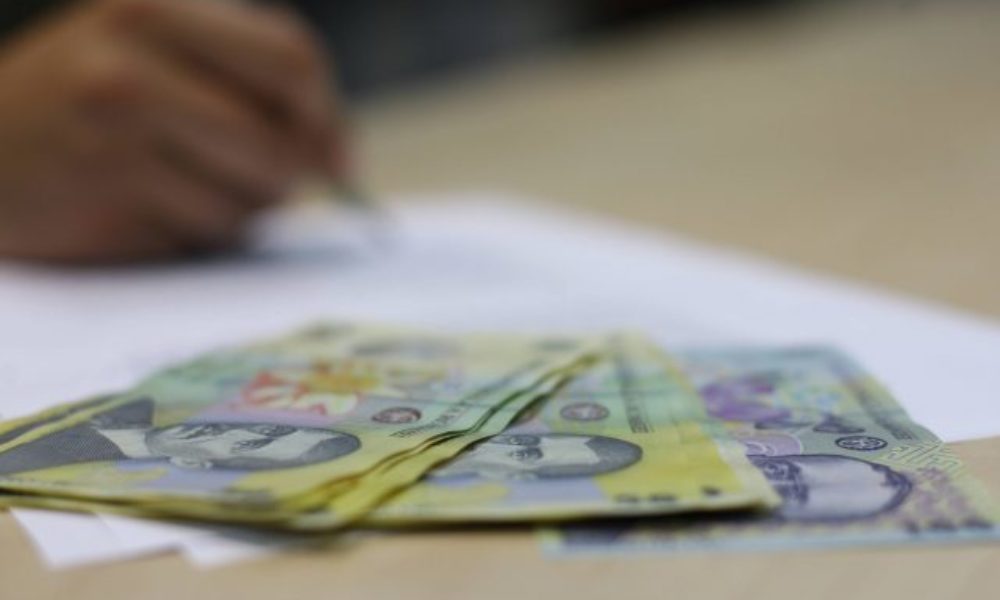Almost one French in two polny on its hygiene spending – Liberation

Replace the laundry with soap, use your shower gel as a shampoo, delay the change in a layer … in terms of hygiene, the time is for the way. 47 % of French people say they reduce their consumption of beauty and hygiene articles for financial reasons, according to The latest “Hygiene and Precariousness” barometer of the Solidaires Donations Association led by the IFOP survey institute. They were 34 % in 2023, according to this same barometer.
Despite a slowdown in inflationhygienic precariousness is gaining ground in households. Forced by their wallet, consumers find themselves exercising arbitrations between the various hygiene products. The first to go to the hatch: cosmetics. One in three women would give up buying makeup and more than one in four hair colors.
More serious, essential products are not spared: 12 % of French people would deprive themselves of deodorant, 8 % of soap or toothpaste and 7 % toilet paper – between 4 and 5 million citizens. For half of the people who have reduced their consumption of hygiene products, these limitations would have, both in women and in men, a direct impact on their self -confidence, but also on self -esteem.
In 2021, 24 % of respondents said they were buying their hygiene products in hard-discount signs. Today they are 32 %. These low -cost brands nibble on the share of large areas (85 % against 91 % in 2021) and that of specialized stores or pharmacies (21 % against 32 %).
Because down the purchasing power was added the increase in the cost of these items. In large distribution, the prices of maintenance and hygiene-beauté products have certainly fell by 2 % between January 2024 and January 2025, but they remain 9 % more expensive than 2021 According to INSEE. In the same way as food or energy precariousness, hygienic precariousness worsens to the point that 17 % of major French people – 8 million people – have already had to choose between buying food or hygiene products, reports the study. This figure rises to 35 % in single -parent families.
« Behind this figure, they are women without periodic protections, children without toothpaste and babies keeping dirty diapers, with serious health consequences », Dominique Besançon, Managing Director of the Solidarity Donations Networkwhich has collected and redistributed 10 million non -food products to help 1.3 million people in difficulty in 2024. According to the results of the barometer, 7 % of those questioned have already obtained hygiene products thanks to aid structures such as associations or solidarity social grocery stores.
To face, new behaviors are anchored in everyday life. 22 % of respondents say they control their toilet paper consumption (compared to 13 % in 2023), 15 % indicate more their shampoos (compared to 12 %) and 9 % to the teeth without toothpaste (compared to 7 %). Another difficulty raised by the study, menstrual precariousness. Nearly 3 million women would regularly lack periodic protections. A figure that doubled compared to the forefront. In the absence of better, 13 % of respondents admit regularly using makeshift protection (fabric, toilet paper, etc.), noting that these items engage on the channel of luxury product.






